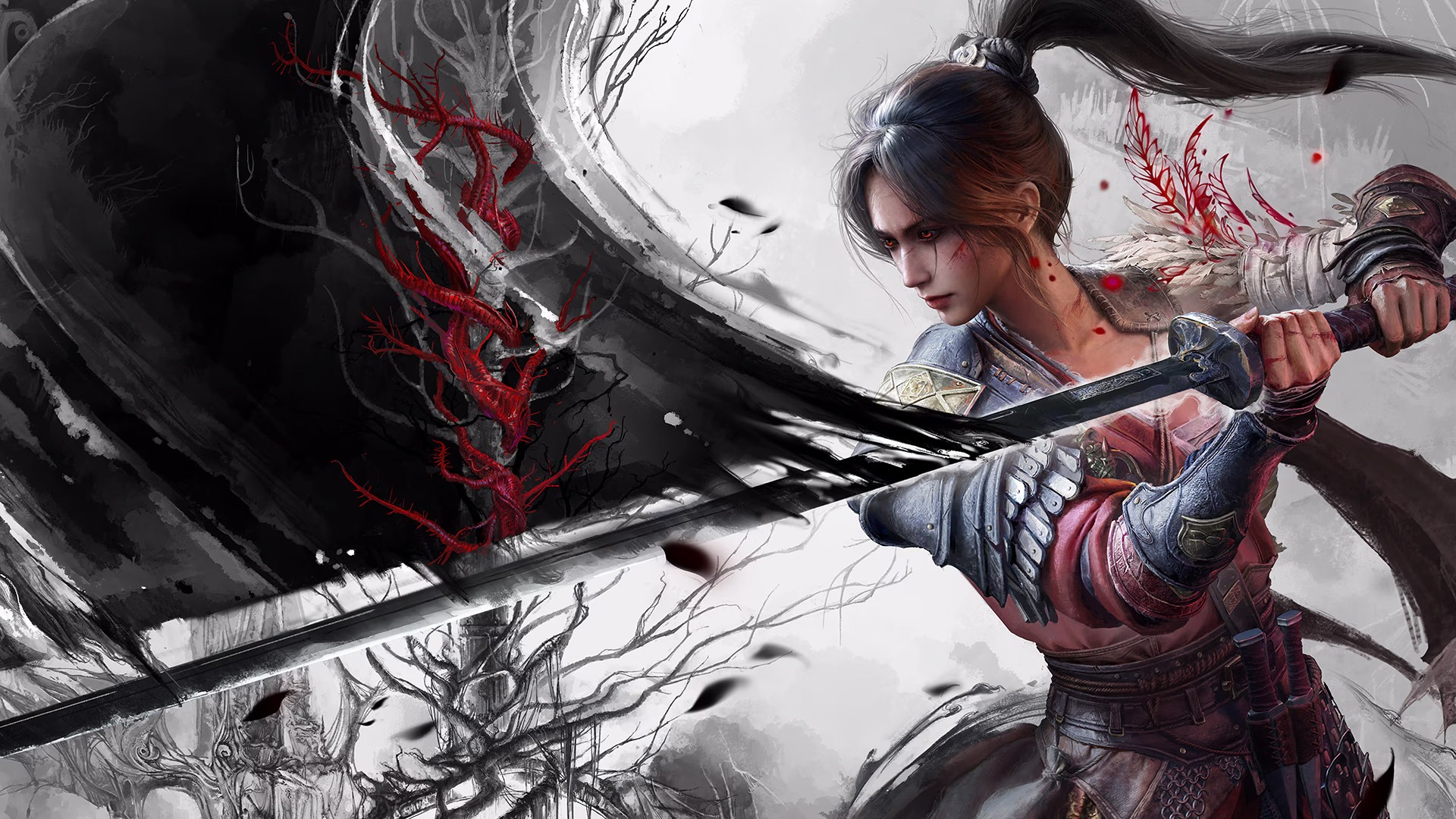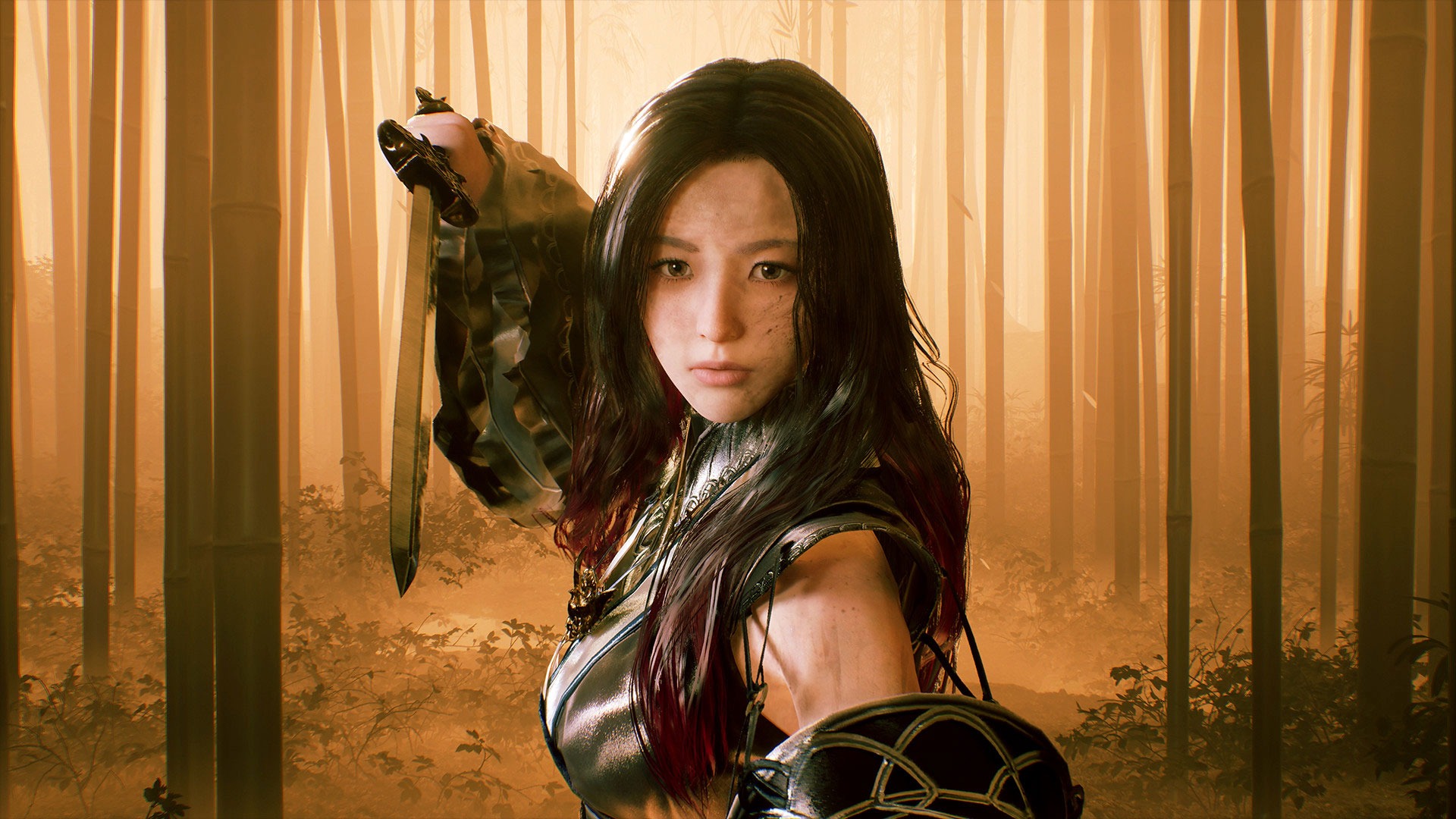Wuchang: Fallen Feathers Patch 1.5 Unleashes a Bizarre Story Retcon, Stuns Players with Drastic Changes
Popular Now
 God of War Ragnarök
God of War Ragnarök
 Garena Free Fire: Kalahari
Garena Free Fire: Kalahari
 Genshin Impact
Genshin Impact
 Counter-Strike 2
Counter-Strike 2
 Auto X Drift Racing 3
Auto X Drift Racing 3
 Warframe
Warframe
 Valorant
Valorant
 Rust
Rust
 Geometry Dash
Geometry Dash
 Gacha Club
Gacha Club  In the world of Wuchang: Fallen Feathers, a Souls-like action RPG set in a dark fantasy version of the late Ming Dynasty, players are used to a high level of challenge and a story filled with brutal, unflinching combat. However, a recent patch, version 1.5, has thrown that established reality into chaos with a bizarre and controversial set of changes. The patch, which was intended to address performance issues and rebalance some of the game’s more difficult sections, has instead sparked outrage and confusion within the community. The most shocking change is a massive story retcon that “un-murders” several key historical characters and makes a whole chapter significantly easier, leaving players to wonder what the developers were thinking. The changes are so profound that they have led to a storm of criticism, with some players derisively asking, “Faint from exhaustion? Are they Pokémon?”
In the world of Wuchang: Fallen Feathers, a Souls-like action RPG set in a dark fantasy version of the late Ming Dynasty, players are used to a high level of challenge and a story filled with brutal, unflinching combat. However, a recent patch, version 1.5, has thrown that established reality into chaos with a bizarre and controversial set of changes. The patch, which was intended to address performance issues and rebalance some of the game’s more difficult sections, has instead sparked outrage and confusion within the community. The most shocking change is a massive story retcon that “un-murders” several key historical characters and makes a whole chapter significantly easier, leaving players to wonder what the developers were thinking. The changes are so profound that they have led to a storm of criticism, with some players derisively asking, “Faint from exhaustion? Are they Pokémon?”
The core of the controversy lies in the fact that Leenzee, the game’s developer, has made it impossible to kill several historically significant NPCs and bosses. Previously, these characters, who are based on real figures from the Ming Dynasty, would be defeated in combat and either die or disappear in a flash of feathers, which is a central theme of the game. Now, after being defeated, they simply become “exhausted” and engage the player in conversation, remaining alive and well in the game’s world. This change has a domino effect, creating massive plot holes and completely undermining the game’s dark and tragic tone. For a game that was praised for its deep and immersive story, which blended historical figures with a fantastical narrative, this change is nothing short of a travesty. It not only invalidates the player’s choices and actions but also fundamentally alters the thematic core of the game. Characters who were supposed to have tragic ends now just get to walk away, a decision that feels more like a censorship directive than a creative choice.
 Difficulty Tamed, but at What Cost?
Difficulty Tamed, but at What Cost?
In addition to the story changes, the patch also drastically alters the game’s difficulty, a move that has been met with mixed but mostly negative reactions. The “exhaustion” mechanic is part of a larger set of changes that make a whole chapter of the game, Chapter 4, significantly easier. In this chapter, which depicts a massive rebellion, many hostile human NPCs have been made non-hostile and can no longer be fought. This completely changes the nature of the chapter from a tense, large-scale battle to a much more passive and less engaging experience. The developers also made a number of other changes that have been perceived as “nerfs” to the game’s combat. This includes making it easier to interrupt enemy attacks with light weapons, reducing the number of traps and landmines, and speeding up the player’s healing animation. While some of these changes were likely intended to address player feedback about the game’s “cheap” difficulty, their implementation has been so heavy-handed that they have, in the eyes of many players, ruined the game’s high level of challenge and its combat flow.
The community has been quick to voice its frustration, with many players taking to social media platforms like Steam and Reddit to demand that the developers revert the changes. The backlash has been so severe that the game has been hit with a wave of negative reviews, with many players feeling that the game they bought on launch day is no longer the same title they are now playing. The frustration is understandable. For a Souls-like game, which is a genre built on a foundation of high difficulty and a rewarding sense of accomplishment, to have its challenge so fundamentally altered is a massive betrayal of its core audience. The developers have yet to issue an official statement addressing the controversy, but the community is speculating that the changes were made due to pressure from Chinese players, who were reportedly upset about being able to kill historically significant characters. If this is true, it paints a troubling picture of how external pressure can force a developer to compromise on its creative vision and alienate its global fanbase.
Ultimately, the patch for Wuchang: Fallen Feathers is a cautionary tale for game developers everywhere. While listening to player feedback is important, it is also crucial to stay true to your artistic vision and the core experience you are trying to deliver. In this case, the developers seem to have buckled under pressure and made a series of changes that have not only made the game easier but have also completely broken its narrative and thematic integrity. For a game that was praised for its bold, historical setting and its challenging gameplay, this is a truly tragic turn of events. The game’s future is now uncertain, and it remains to be seen if the developers will listen to the community and revert the changes, or if this will be the final, bizarre chapter in the story of Wuchang: Fallen Feathers. For now, all we can do is hope that the developers realize their mistake and bring back the challenging, story-rich game we all fell in love with.








 Difficulty Tamed, but at What Cost?
Difficulty Tamed, but at What Cost?